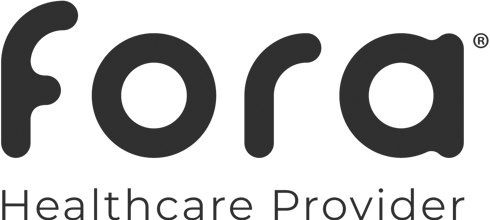Stroke remains a critical global health challenge, with ischemic stroke comprising most cases and necessitating rapid, effective treatment to improve patient outcomes. This review explores the integration of artificial intelligence (AI) and machine learning into medical devices for stroke triaging, highlighting their impact on reducing notification times, latency in care, and health disparities. By analyzing Food and Drug Administration-approved AI-enabled devices under the “Radiological computer-assisted triage and notification software” regulation category, we assess their sensitivity, specificity, and time-to-notification as the measure of their overall effectiveness in clinical settings.
The review identifies 29 such devices, examining their technological capabilities, notification methods, and performance metrics. Key findings provide insights into the potential of AI in enhancing diagnostic accuracy, expediting treatment, and addressing health inequalities. Despite the promising advances, challenges remain in the regulatory landscape and real-world application of these technologies. Future directions emphasize the need for comprehensive clinical trials and deeper algorithmic insights. Collaborative efforts among technology developers, healthcare providers, and policymakers are essential for the successful integration of AI in stroke care to ensure improved patient outcomes and equitable access to advanced medical technologies.












